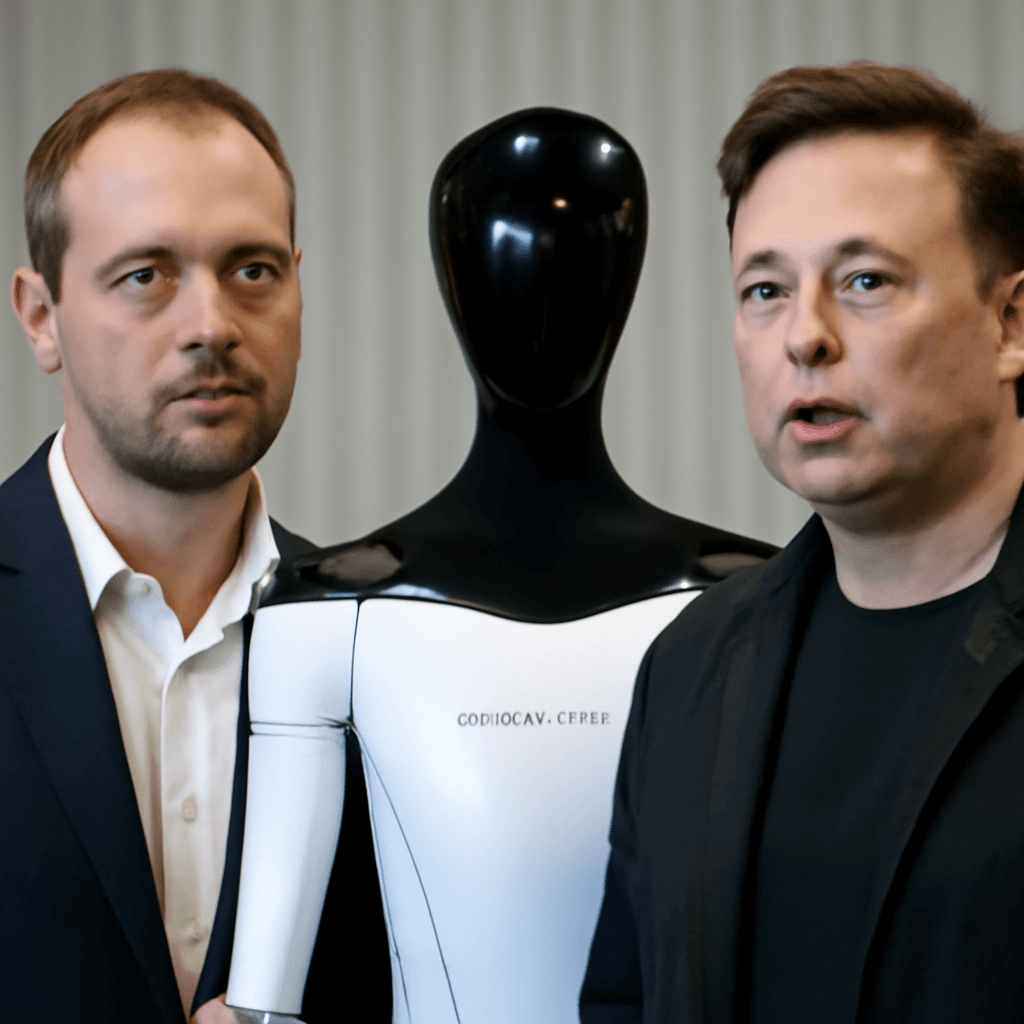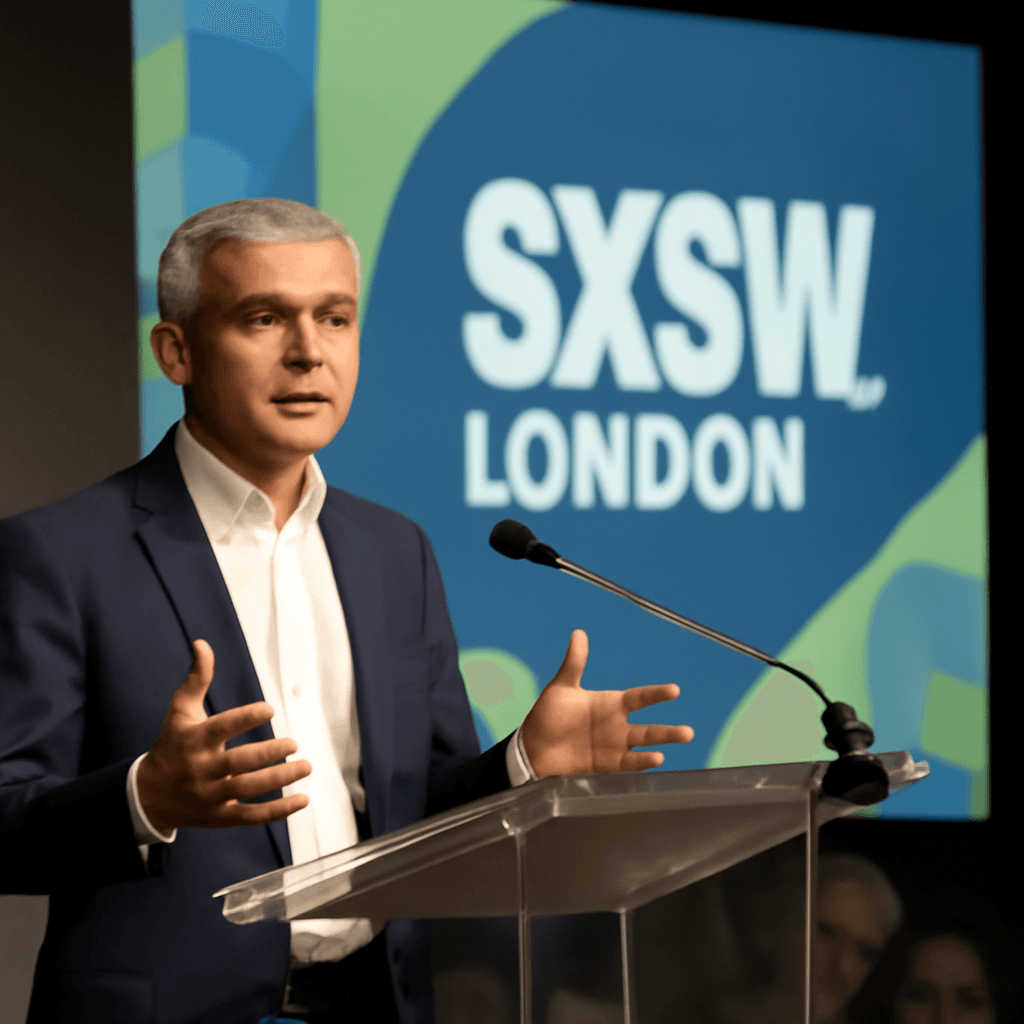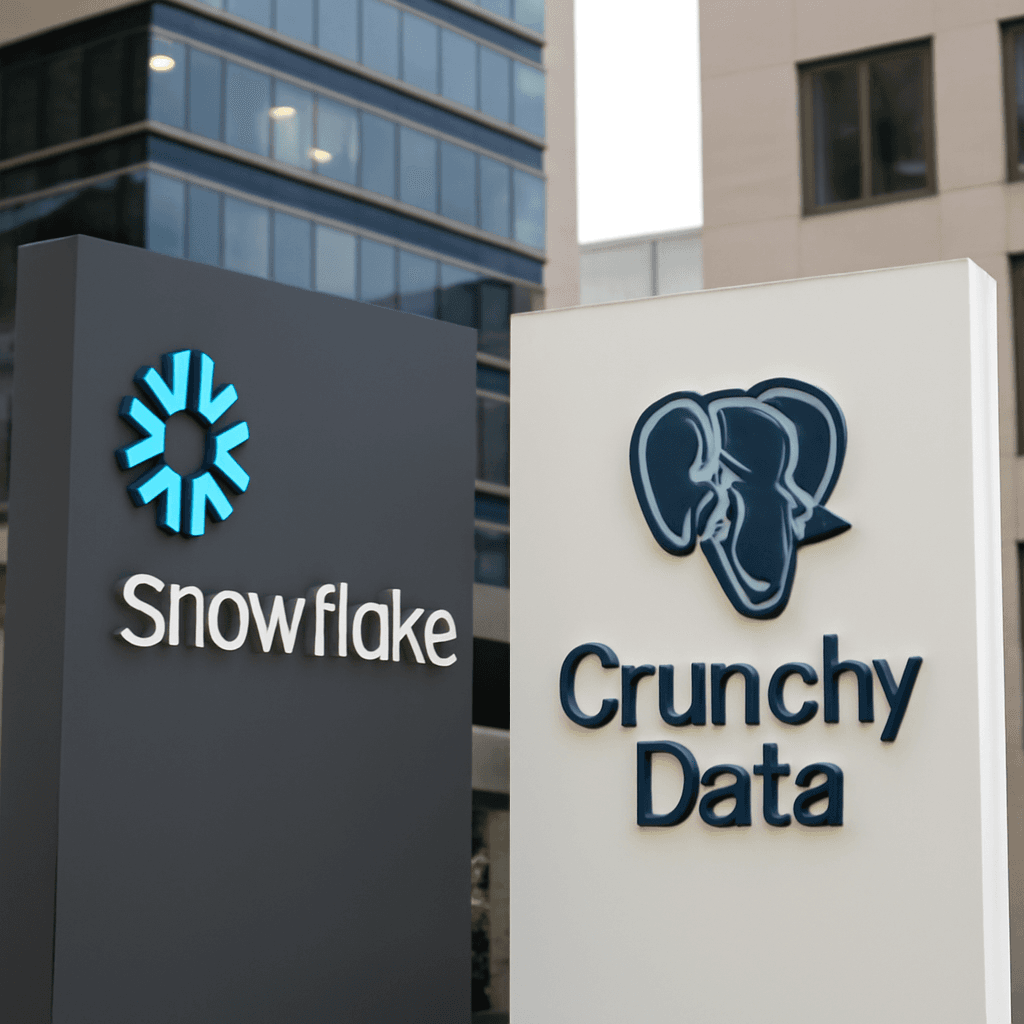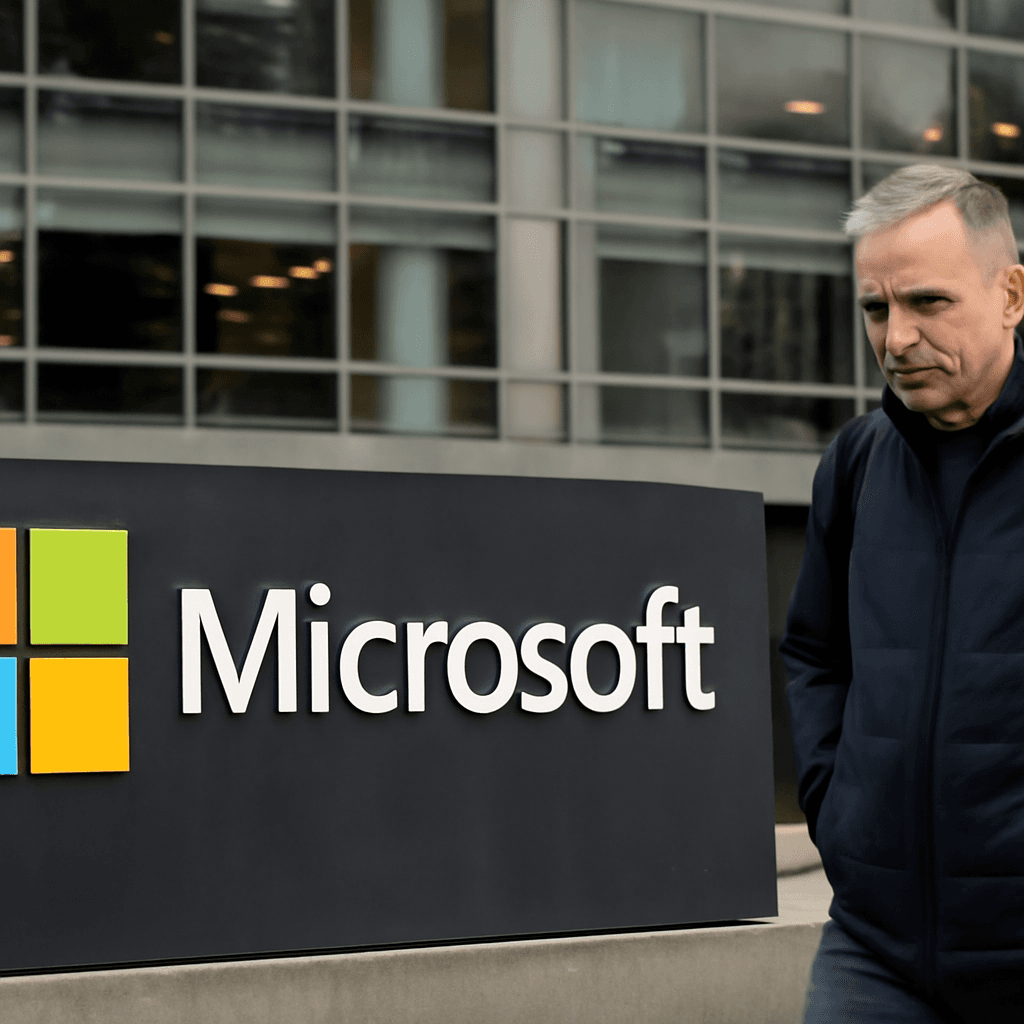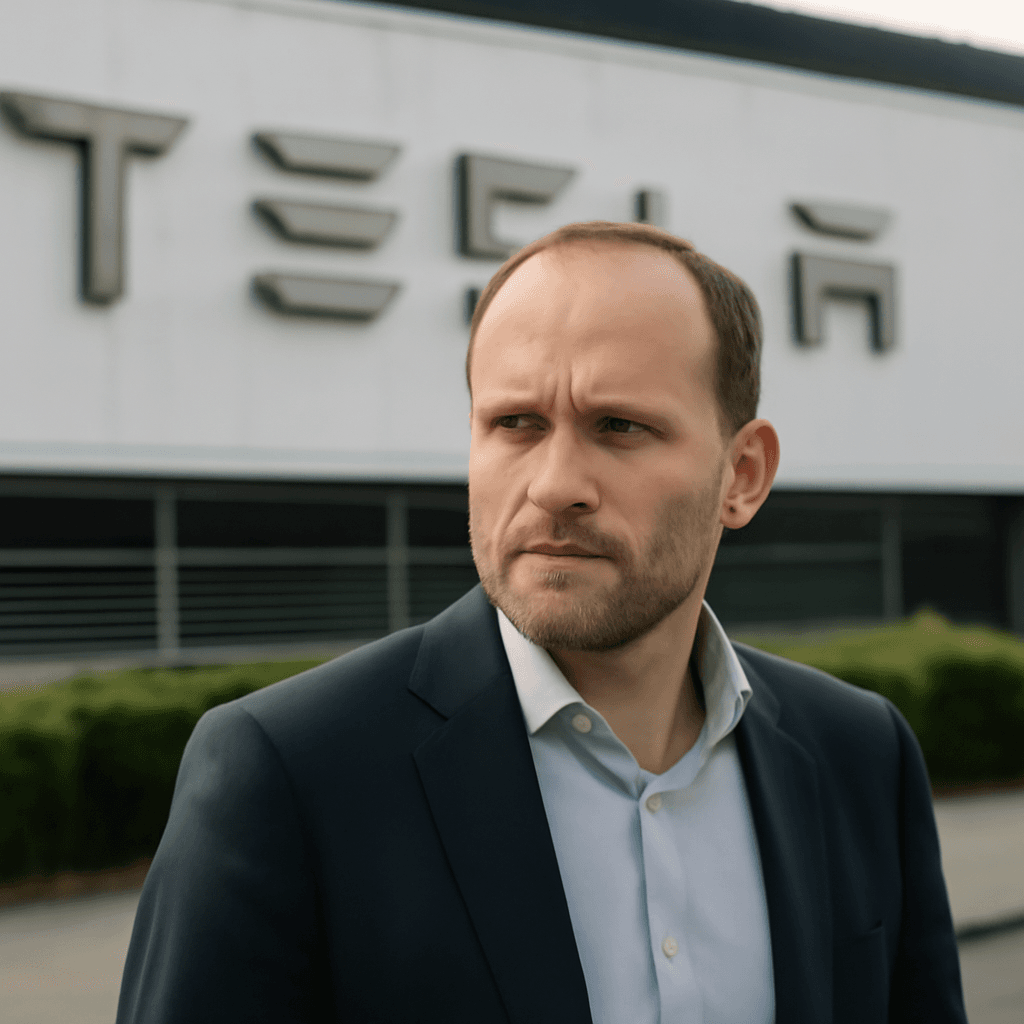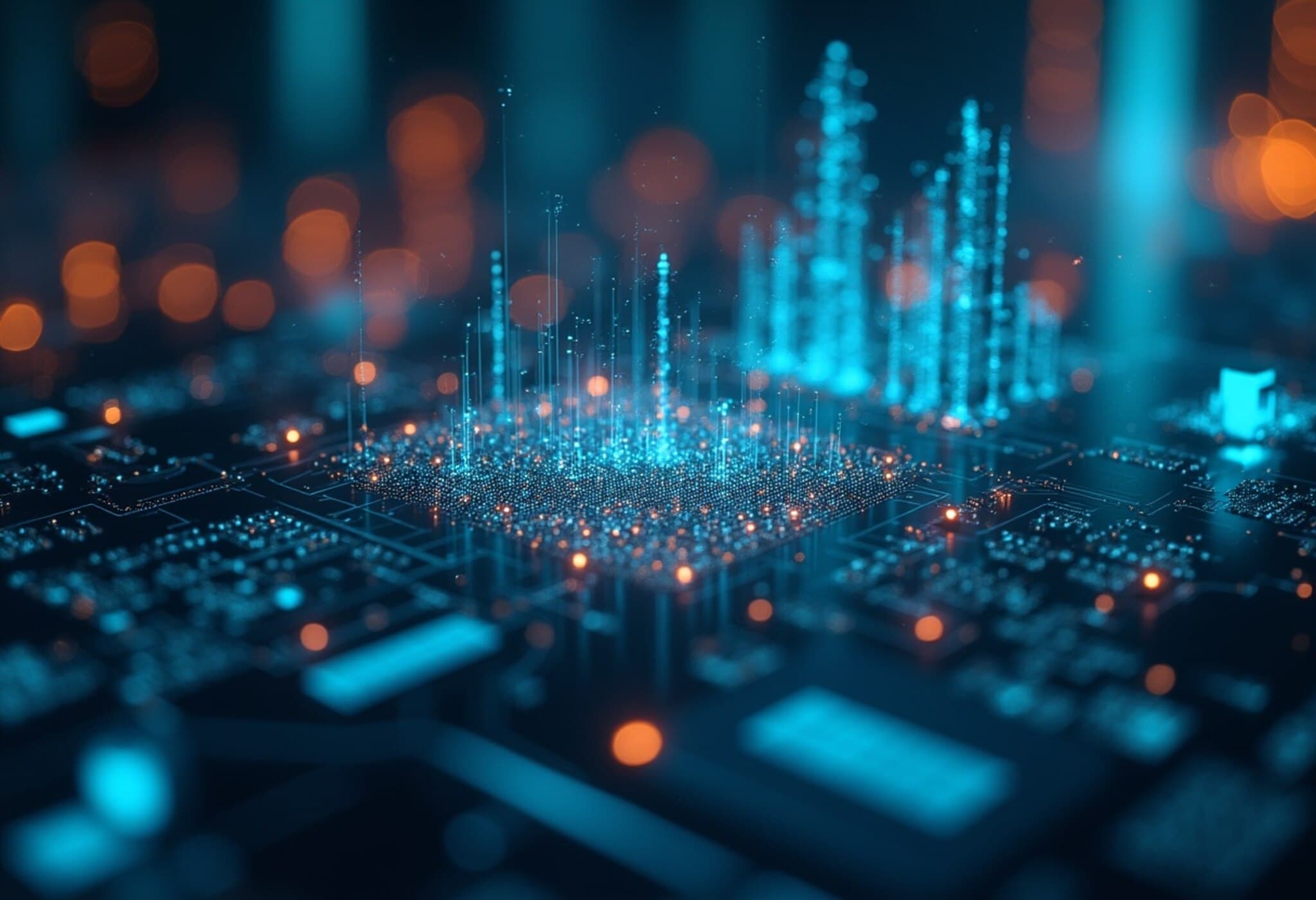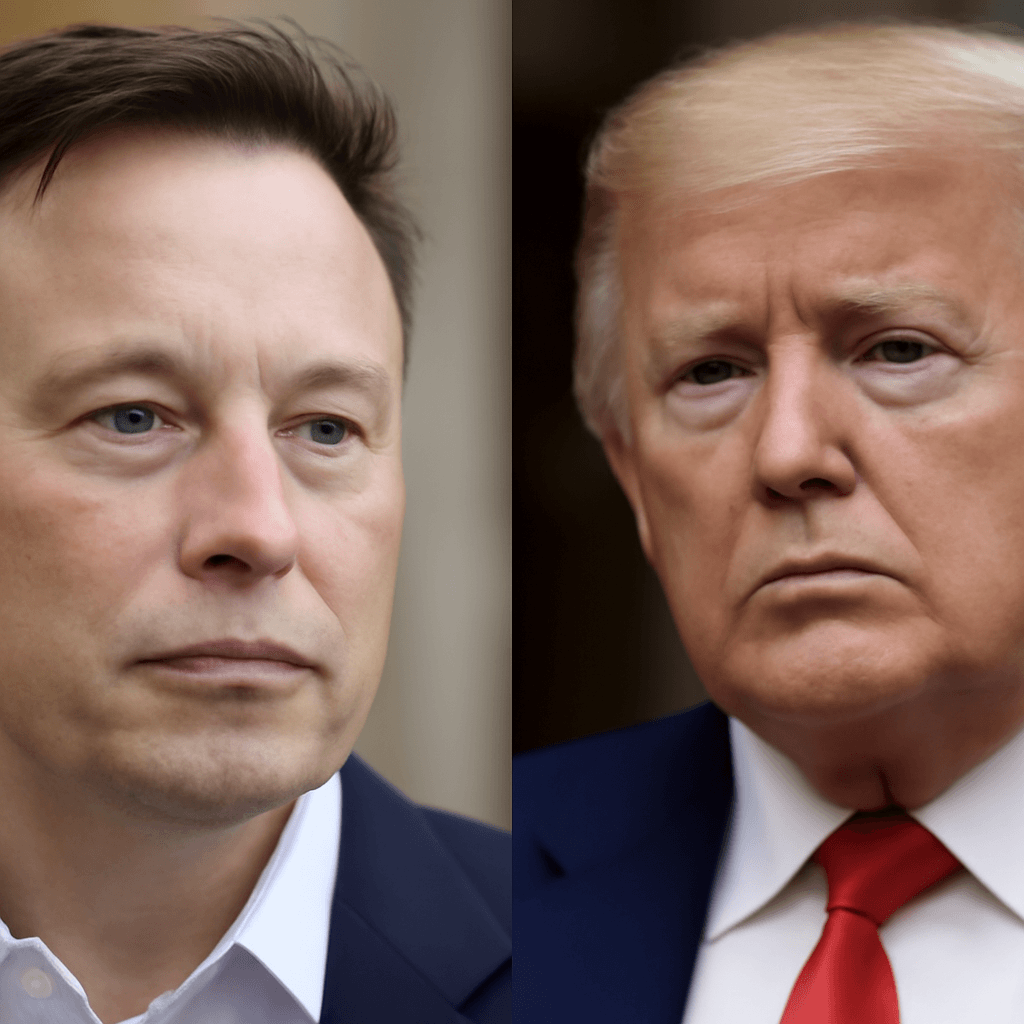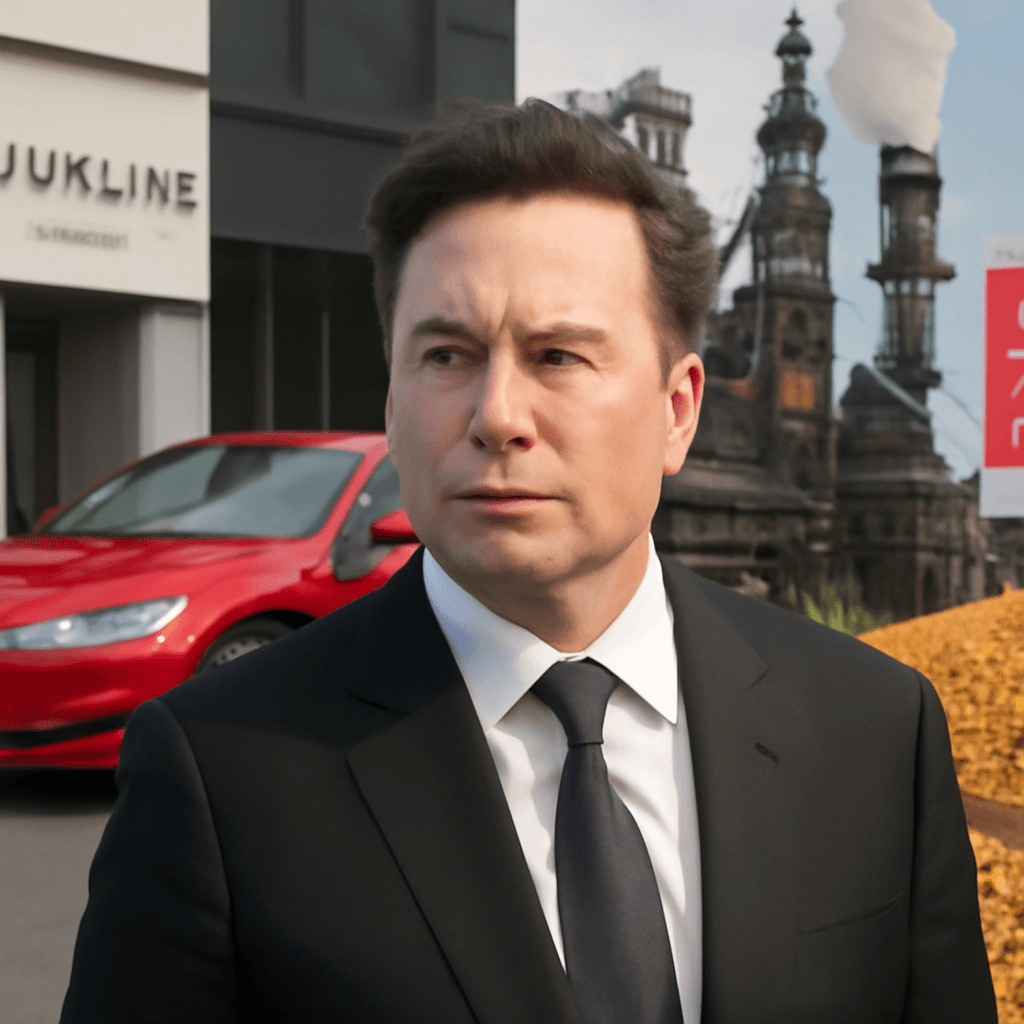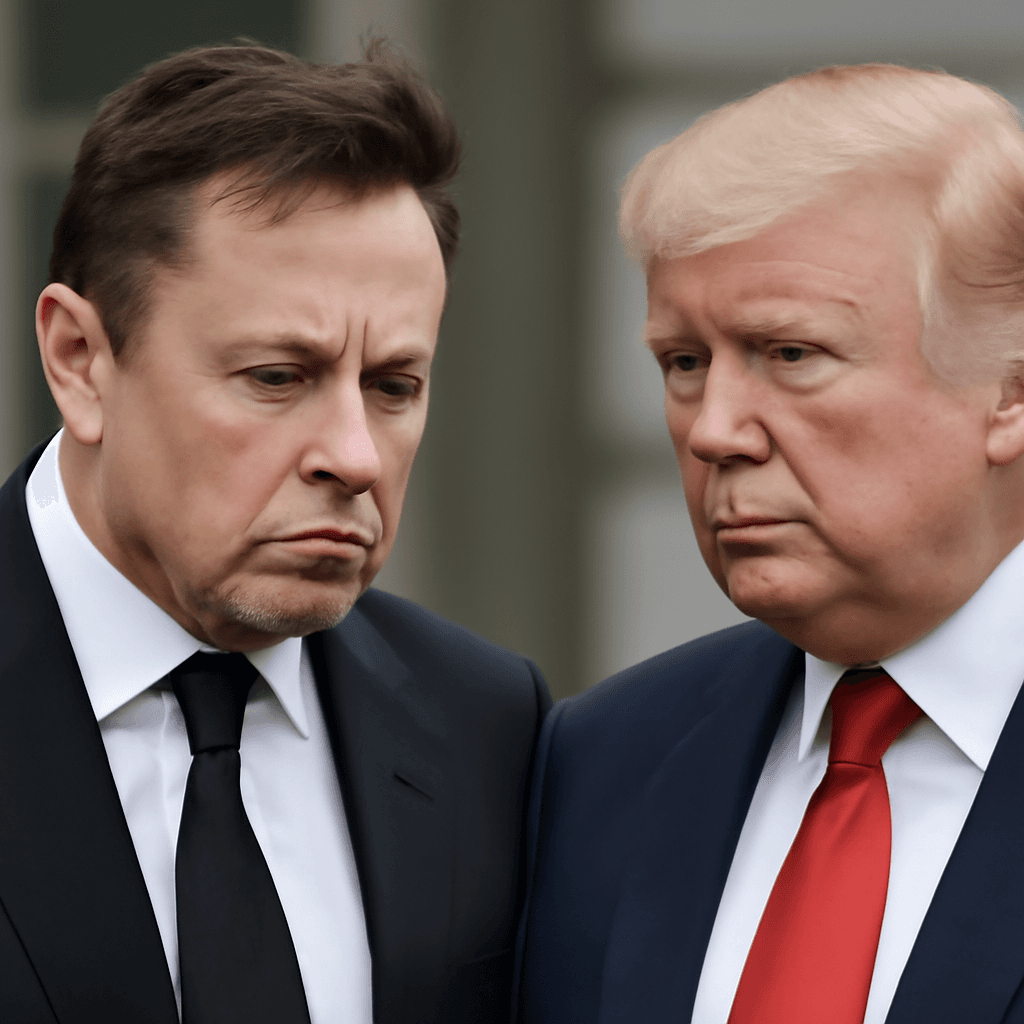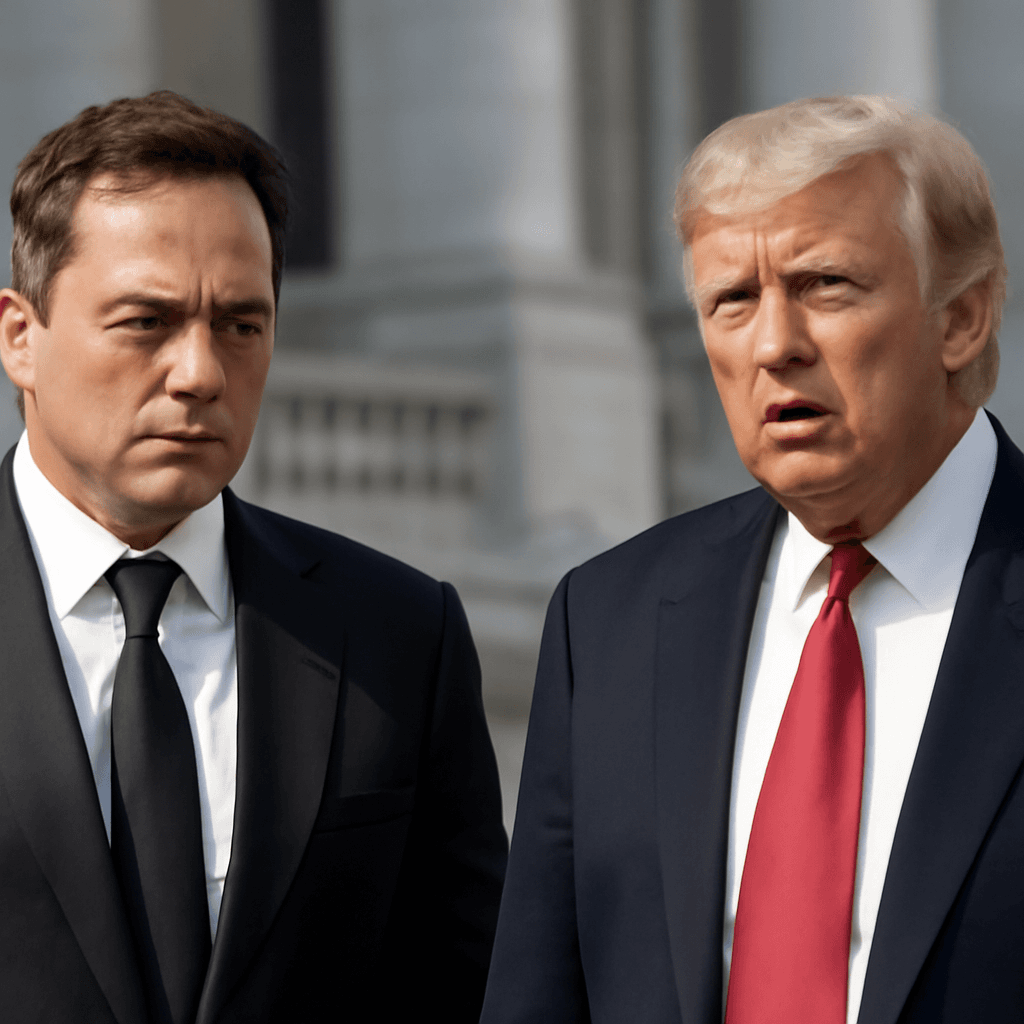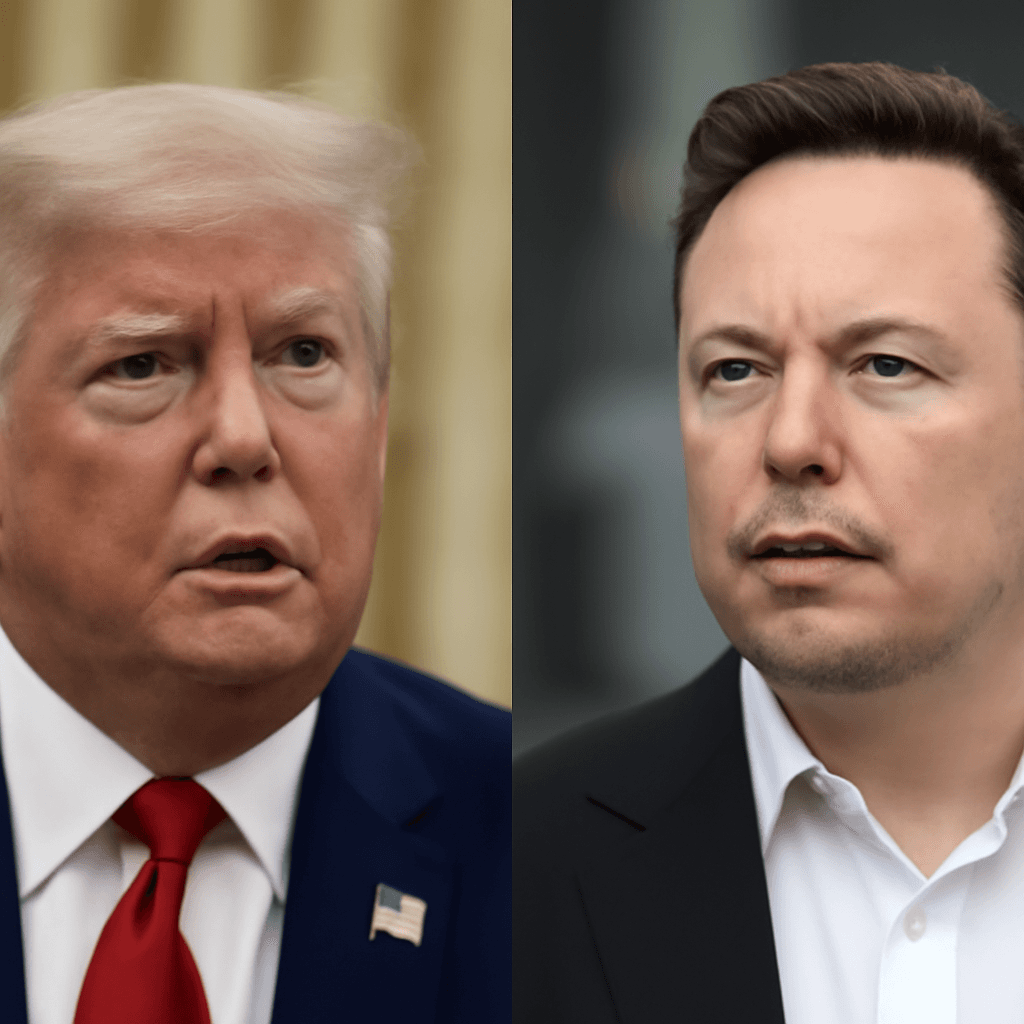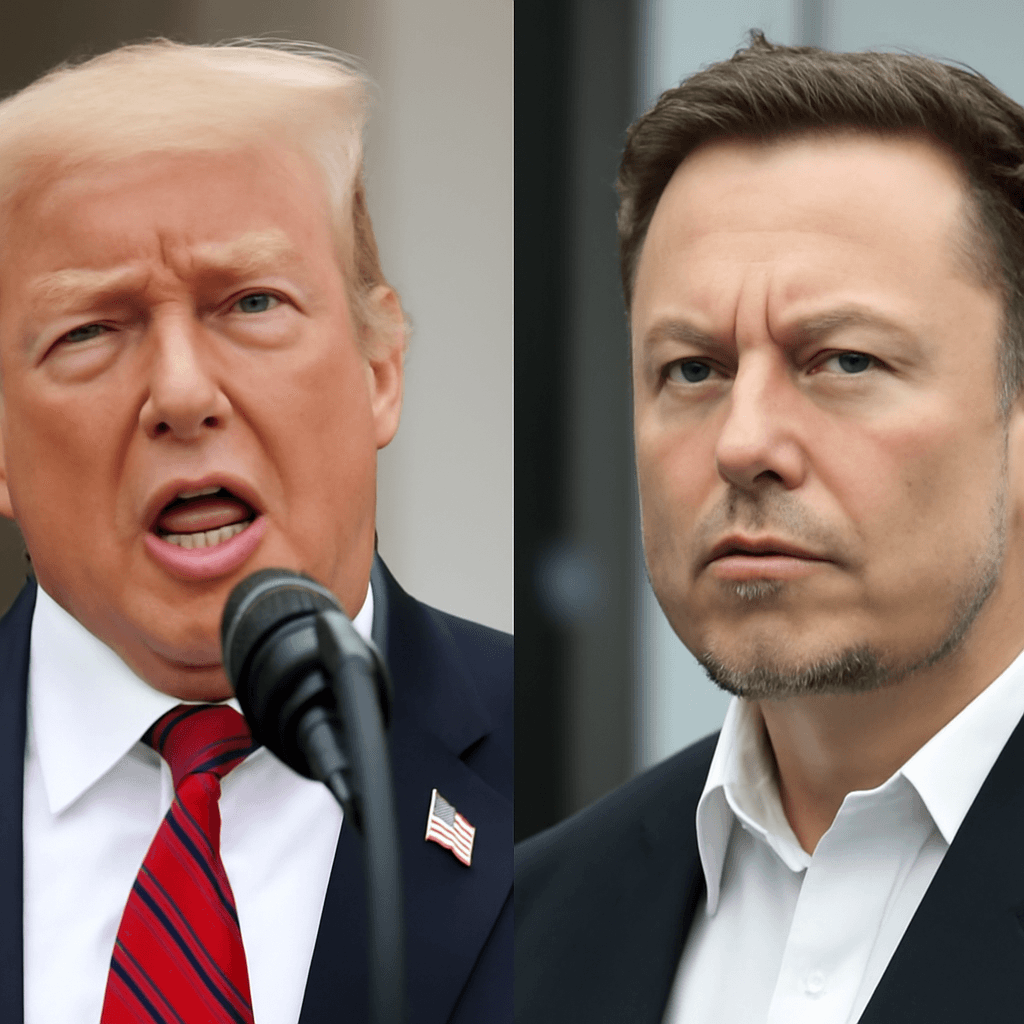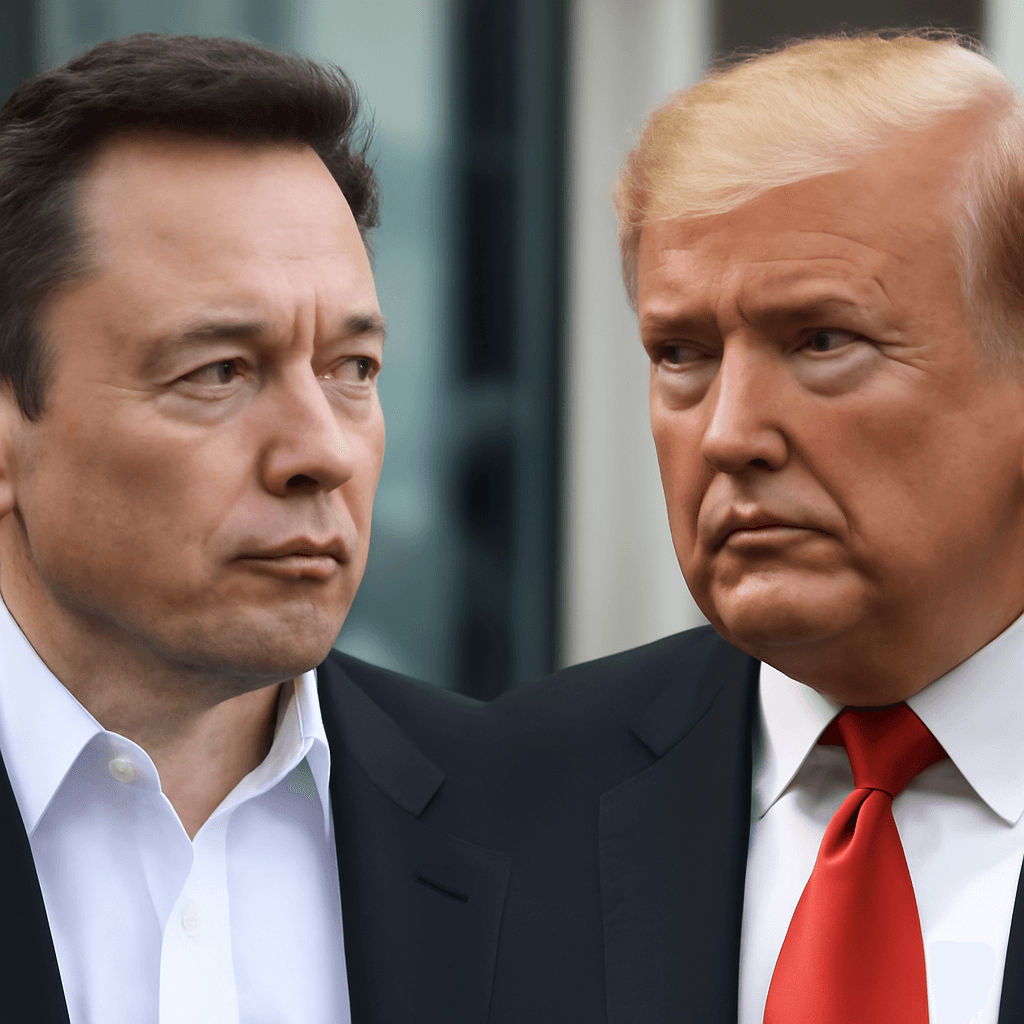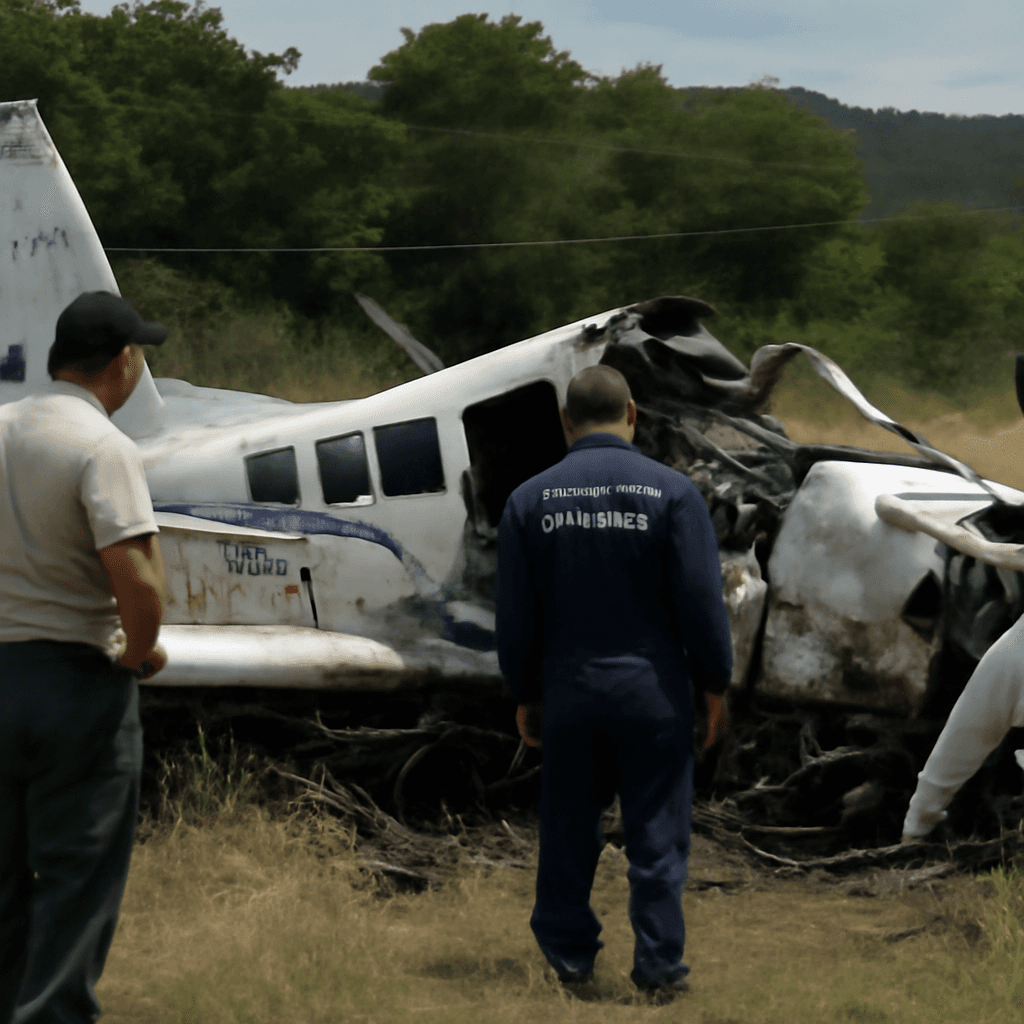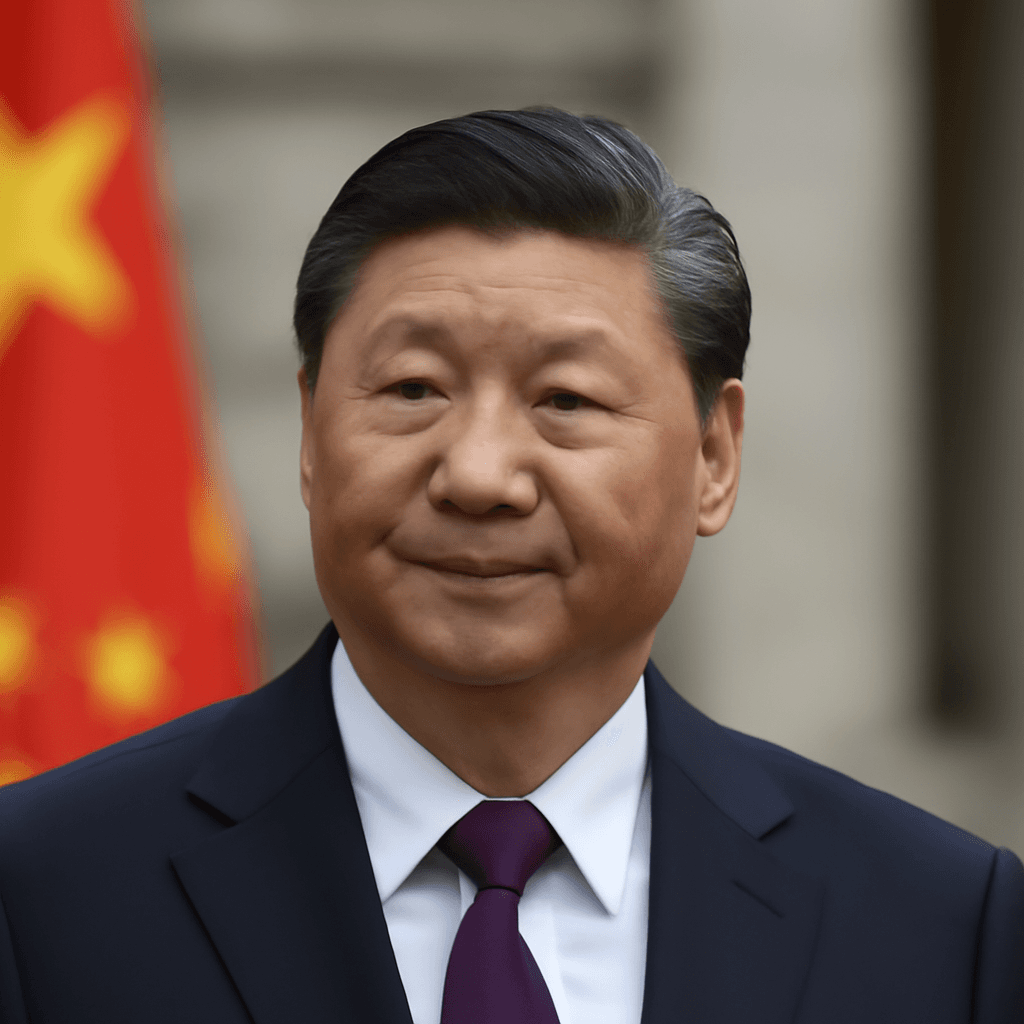Leadership Change in Tesla's Optimus Humanoid Robot Project
Milan Kovac, who served as vice president and head of engineering for Tesla’s Optimus humanoid robot program, has left the company effective immediately. His departure raises questions about the future trajectory of Tesla’s high-profile robotic initiative.
In a strategic move, Ashok Elluswamy, the current head of Tesla's autopilot teams, is set to assume Kovac’s responsibilities, signaling Tesla’s continued commitment to integrating autonomous technologies with their robotics efforts.
Production Targets and Challenges
Elon Musk, Tesla’s CEO, previously announced ambitious plans to manufacture thousands of Optimus robots in 2025. However, production has encountered obstacles, notably due to export restrictions from China on rare-earth magnets essential for the robots’ function. These constraints have slowed the manufacturing process and introduced supply chain uncertainties.
Strategic Focus on Autonomy and Robotics
Tesla has recently emphasized the importance of both the Optimus robot project and its robotaxi service as pivotal pillars underpinning much of the company’s valuation and future growth prospects.
Musk has publicly stated that, looking ahead, “the only things that matter in the long term are autonomy and Optimus.” This underscores the strategic significance Tesla places on advancing both autonomous driving technology and humanoid robotics.
Implications of Leadership Transition
Kovac’s immediate departure could introduce challenges to the project timeline and development goals. However, with Elluswamy stepping in—who has extensive experience leading Tesla’s autopilot teams—the company may leverage cross-functional expertise to maintain momentum in robotic innovation and integration with autonomous systems.
Summary of Key Points
- Milan Kovac departs as Tesla’s Optimus program head, effective immediately.
- Ashok Elluswamy, lead of Tesla’s autopilot division, takes over Kovac’s role.
- Musk’s target to produce thousands of Optimus robots in 2025 faces supply chain challenges, including China’s export restrictions on critical rare-earth magnets.
- Tesla emphasizes the long-term importance of robot technology and vehicle autonomy for company growth.

